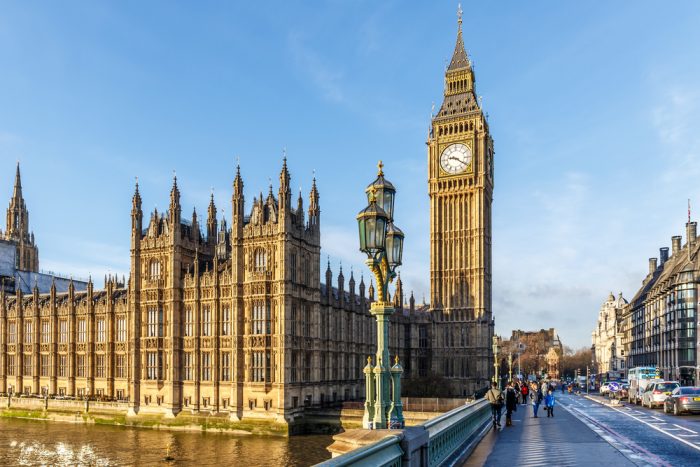Benefits claimants who fail to find a job for more than 18 months will be expected to take on work experience placements under government plans set for late next year, according to reports.
The BBC reports the government’s plans will mean those refusing to take on such assignments will lose their benefits for a period of time.
Under a plan that would need parliamentary sign off, those solely eligible for the standard Universal Credit allowance who refuse to engage with job centre staff or accept work offered to them after six months will have their claims closed.
This means they will have to go through the application process again if they want to keep receiving benefits and lose access to extras such as free prescriptions and legal aid during that time.
The proposals form part of new plans to get people back to work, which will also see an extra £2.5bn spent on career support.
Ahead of the Autumn Statement earlier this week, the BBC reported the government is drawing up large benefit changes for people who are unable to work due to health conditions.
It reported the changes, affecting hundreds of thousands of people from 2025, would save £4bn from the welfare budget and would see many more people required to find work despite suffering from a range of physical and mental health conditions.
The Department for Work and Pensions told the BBC reform would be gradual.
The proposals follow government’s announcement back in March that it wants to scrap the controversial Work Capability Assessment, which is used to determine if people can receive additional benefits payments due to a health condition.
Eligible claimants currently receive £390 a month on top of their universal credit payment.
If the proposals are enacted, people who, for instance, are in severe pain while awaiting an operation or have some mental health conditions, such as depression and anxiety, may not receive the additional payment but would be expected to seek work.
The BBC reported the changes would initially affect new claimants. Existing recipients of the benefit payment would eventually be brought into the new system, towards the end of the decade, but would be given transitional protection if their benefits were to be cut.
